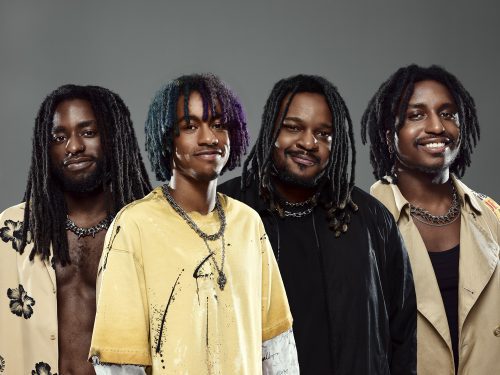Senator Josh Hawley (R-MO) has announced his quest to limit and in some cases outright ban microtransactions from video games “whose developers knowingly allow minor players to engage in microtransactions,” Kotaku reports.
Microtransactions have been one of the most controversial topics in gaming over the last decade. Microtransactions are in-game purchases made with real money. Typically you spend a set dollar amount to buy in-game currency used to buy any number of things from costumes, weapons, characters, maps, etc.
“The Protecting Children from Abusive Games Act” basically states that certain games like Candy Crush and EA’s Star Wars Battlefront II monetize addiction by easily allowing young players to purchase randomized loot boxes or pay-to-win rewards. Properties like Star Wars have been beloved for decades and are loved by adults and children. If a game designed for adults is played by children the microtransactions should be walled off to dissuade kids from compulsivity problems, according to Hawley.
Can The Government be Trusted With Video Game Microtransactions?
This act is far too vague to be taken seriously. First of all, who decides what games are marketed for minors? Sure games carry standard ESRB ratings like T for teen and M for mature. However, there are 14-year-olds shooting horses and pistol whipping bar patrons in Red Dead Redemption Online right now. I’m almost 28 and I almost solely play Destiny 2, which doesn’t even show real blood. Who gets to decide which games are for kids when they’re obviously not going to follow ratings? Are we dealing with another “I’ll know it when I see it” type of situation?
The word microtransaction is in itself a vague term. Does this mean just loot boxes? Or could this potentially limit game expansions which commonly include new weapons and maps for players to chase down and earn with their playtime? Who decides which in-game purchases are more addictive than others?
Not to mention if this bill is taken at face value, it would make the mobile gaming industry disappear overnight. This comes down to parents of minor players educating themselves and taking the necessary steps to prevent unwanted microtransactions from occurring in the first place.
Microtransactions are often a hated part of any video game experience, players feel entitled to any extra content for a game they’ve already paid the base $60 price for. However, in a free-to-play model, it’s a developer’s sole method of turning a profit from their game. Fortnite and most popular mobile games follow this business model and have been incredibly successful in doing so. Gamers are very likely to spend money on in-game currency here and there when you give them the base game for free.
While nickel and dime in-game purchases and microtransactions can be a gross way of making money, it’s a valid way to generate revenue. With more and more players turning towards free-to-play games like Fortnite and Apex Legends, microtransactions are a vital way to generate revenue to pay for new content. The government shouldn’t have the right to strip that away with an incredibly vague bill such as this.







